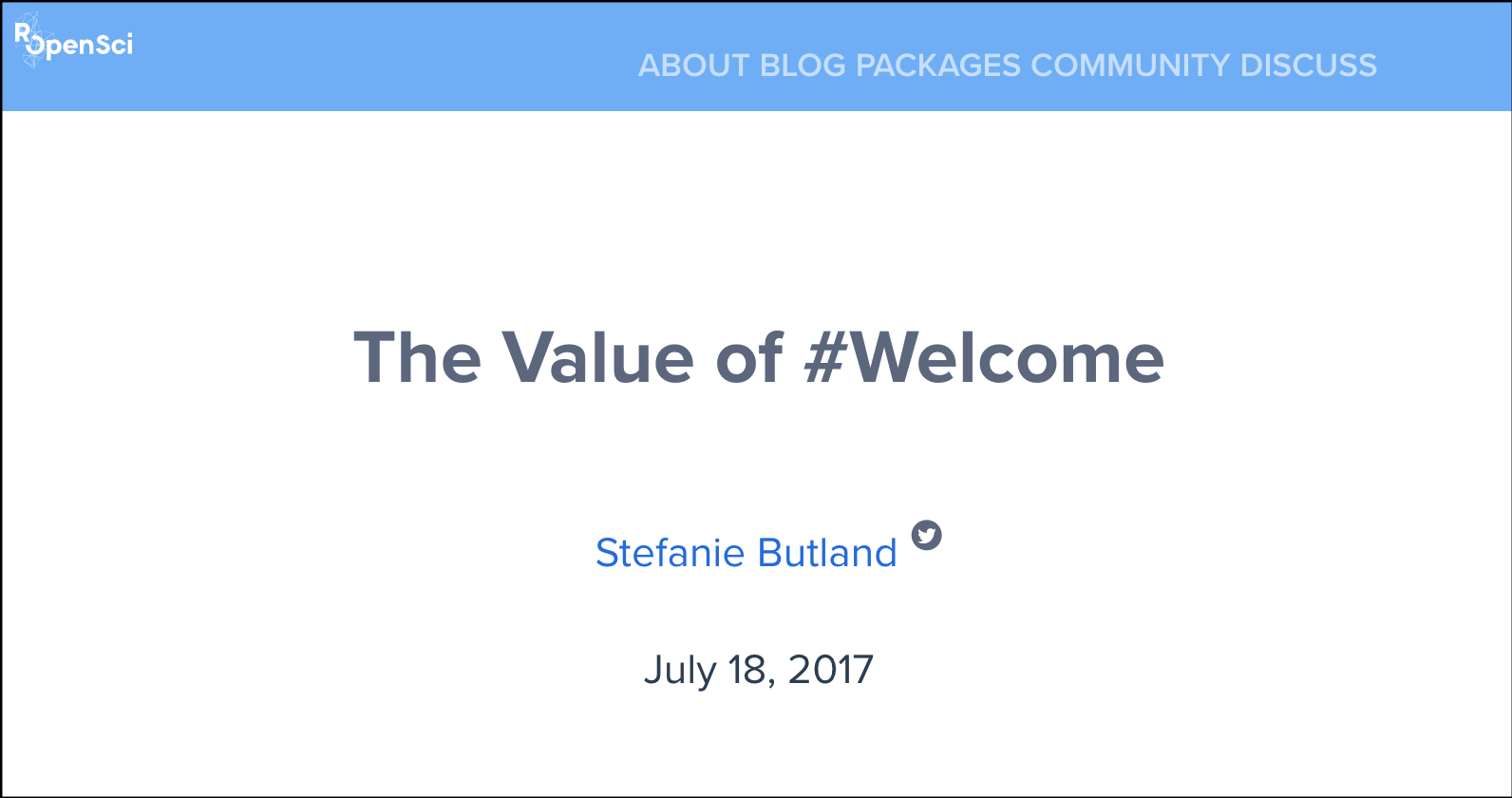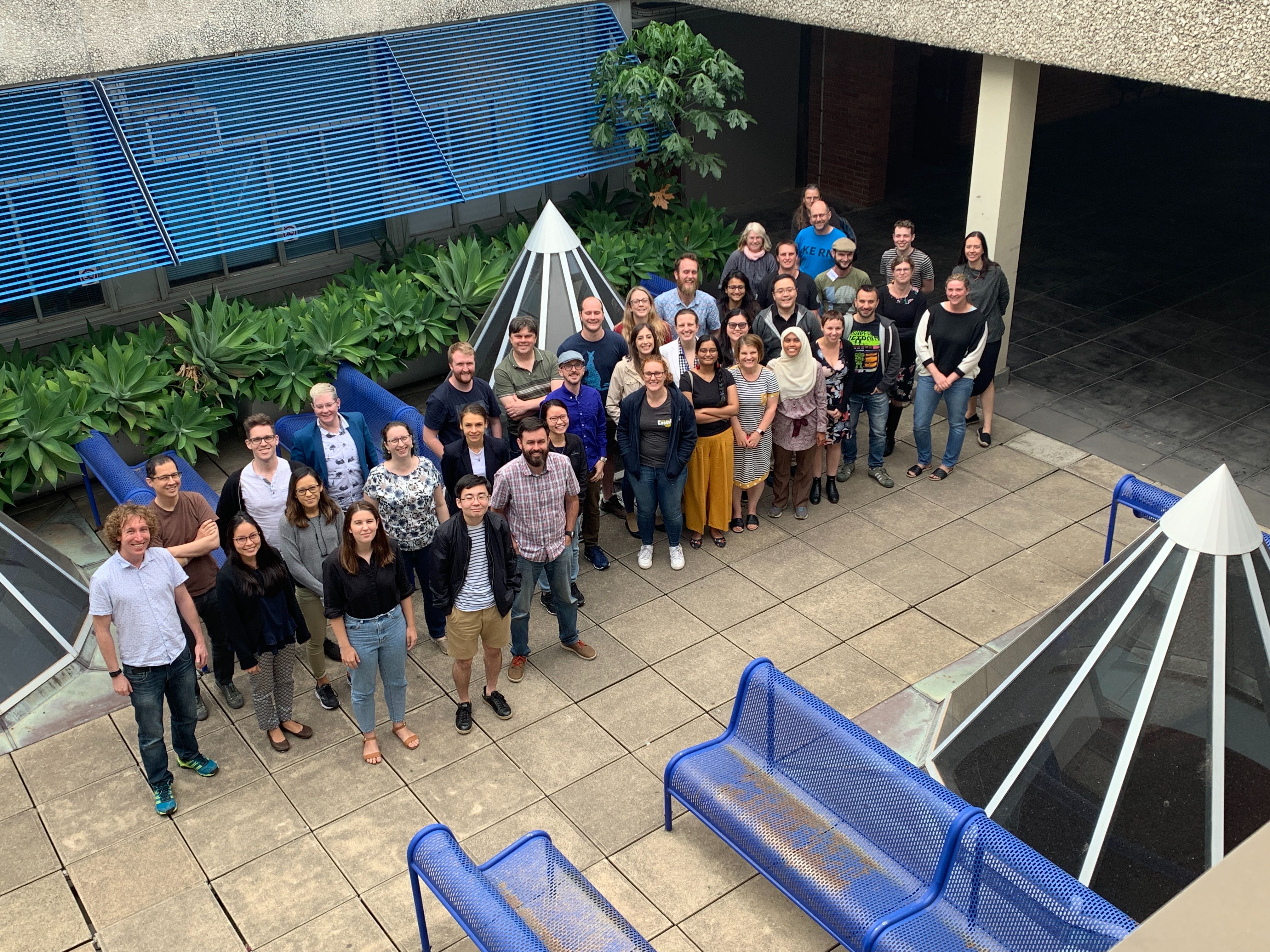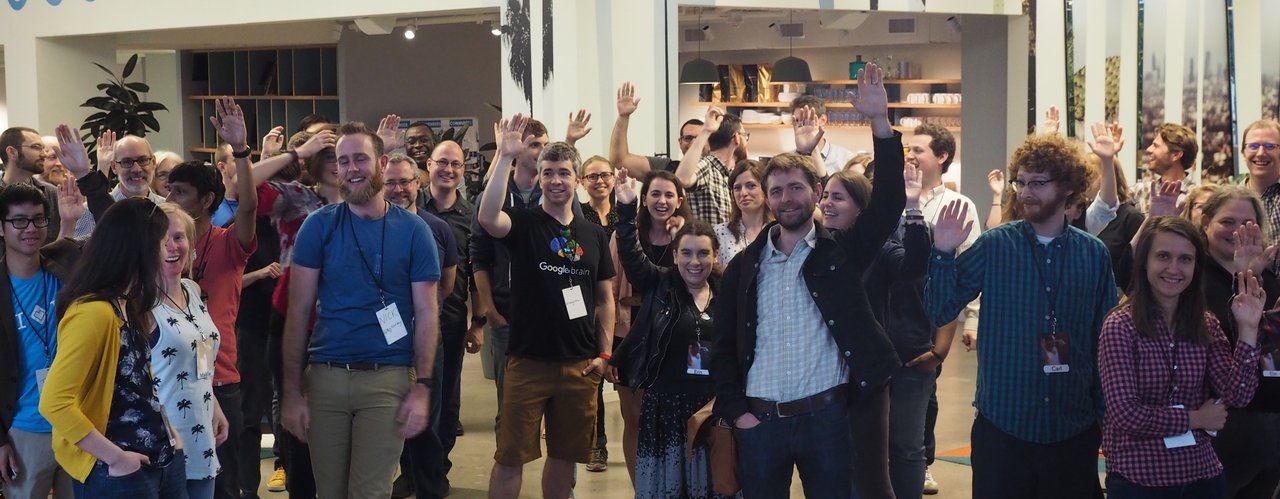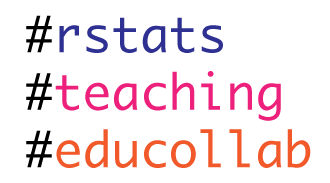
At their closing keynote at the 2020 RStudio Conference, Hilary Parker and Roger Peng mentioned that they hatched the idea for their excellent Not So Standard Deviations podcast following their reunion at the 2015 rOpenSci unconf, (“runconf15”). That statement went straight to my heart because it pin-pointed how I had been feeling throughout the week of RStudio Conference that I had been unable to name.





